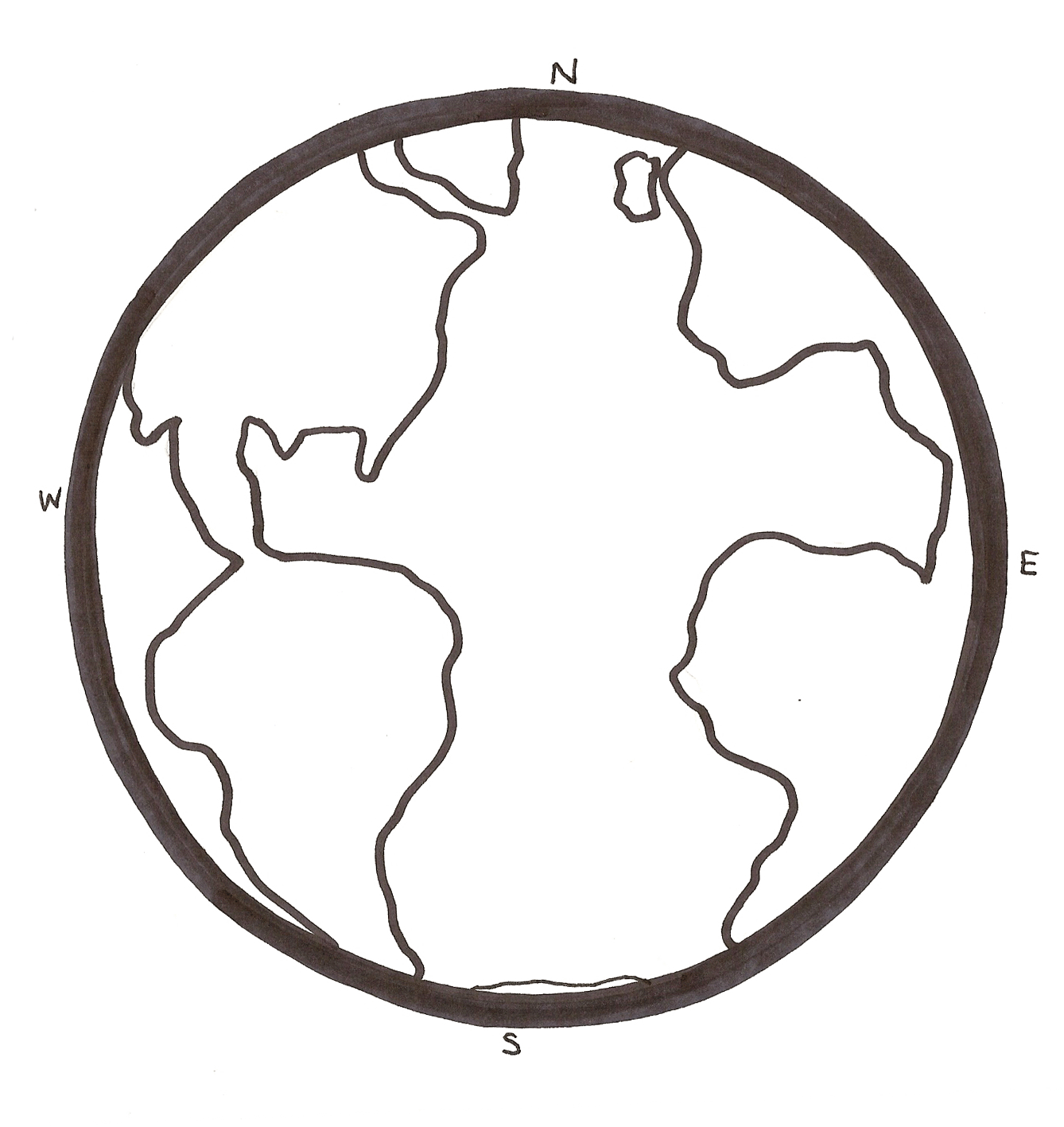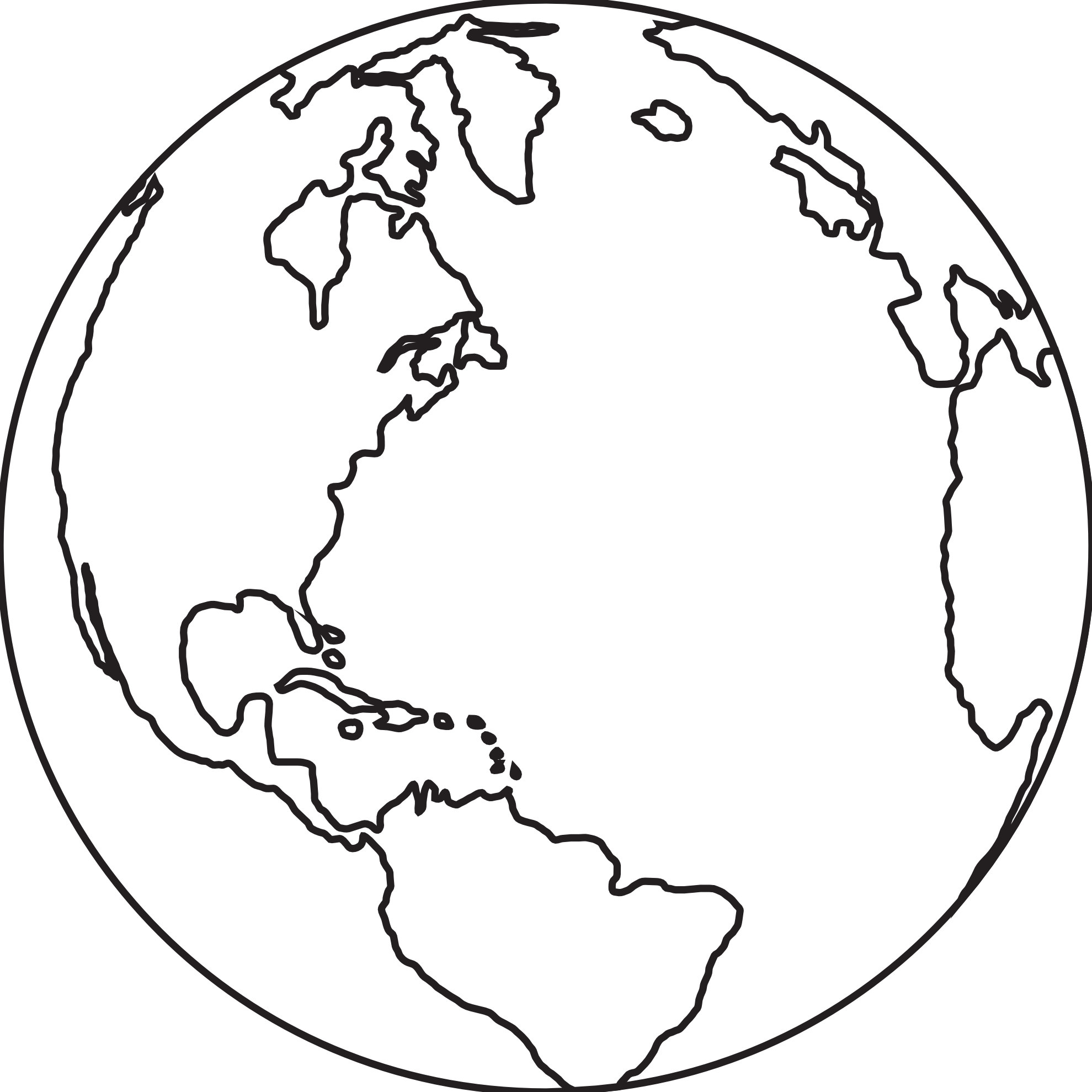Line Drawing Earth: A Creative Journey Through Art
Imagine this—you’re sitting at your desk with a blank piece of paper in front of you, staring at the tip of your pencil. What do you draw? For many artists, the answer is often something simple yet powerful: Earth. And when we talk about line drawing earth, it’s not just about sketching our planet but also about capturing its essence, beauty, and complexity in every stroke of the pen or pencil.
Line drawing earth has become an increasingly popular form of artistic expression for both beginners and seasoned artists alike. Whether you’re looking to create intricate designs or minimalist sketches, this technique offers endless possibilities. It’s all about transforming a simple line into something extraordinary.
But why stop there? In this article, we’ll dive deep into the world of line drawing earth—exploring techniques, tips, tools, and even how it connects to environmental awareness. So grab your pencils and let’s get started!
- Pink And P Diddy Connection The Untold Story Thats Got Everyone Talking
- Jasibae Videos The Ultimate Guide To Trending Content And Creator Insights
What is Line Drawing Earth?
Let’s break it down—line drawing earth refers to creating illustrations of the Earth using only lines. No shading, no colors, just pure lines that bring life to your artwork. This style focuses on simplicity while emphasizing detail and form. Think of it as a blueprint for our planet—capturing mountains, rivers, continents, and oceans with nothing but strokes.
Artists use various methods to achieve different effects. Some prefer clean and precise lines, while others embrace rough and expressive ones. The beauty lies in the freedom to experiment and find your own voice within this medium.
Why Should You Try Line Drawing Earth?
Here’s the thing—line drawing earth isn’t just for professional artists. Anyone can pick up a pencil and give it a shot. Here are some reasons why you should consider trying it out:
- Download The Movies For Free Your Ultimate Guide To2151227861 Streaming And Downloading
- Kimberly Trump The Rising Star In The Spotlight
- It’s accessible—no fancy tools required.
- You develop hand-eye coordination and precision.
- It’s a great way to express creativity and connect with nature.
- Plus, it’s super satisfying to see your work come alive on paper.
And hey, who doesn’t love a good challenge? Line drawing earth pushes you to think outside the box and explore new ways of representing familiar shapes.
Essential Tools for Line Drawing Earth
Before we jump into techniques, let’s talk tools. While you don’t need much to start, having the right gear can make a big difference. Here’s what you’ll want in your kit:
Pencils
Graphite pencils are a staple for any artist. They come in different grades, from hard (H) to soft (B), allowing you to control the thickness and darkness of your lines. For line drawing earth, a mix of HB and 2B pencils works wonders.
Pens
If you’re into ink, fine-liner pens are perfect for creating bold and permanent lines. Brands like Micron or Staedtler offer a variety of tip sizes to suit your needs.
Paper
Choose smooth, heavy-duty paper to ensure your lines flow smoothly without smudging. Strathmore or Canson are popular choices among artists.
Erasers
Mistakes happen, and that’s okay! A good kneaded eraser will help you correct errors without damaging your paper.
Basic Techniques for Line Drawing Earth
Now that you’ve got your tools ready, let’s dive into some techniques. These foundational skills will set you up for success as you tackle more complex projects.
Contour Lines
Contour lines follow the shape of an object, giving it depth and dimension. When drawing the Earth, these lines can represent mountain ranges, coastlines, or river systems. Practice tracing simple shapes first, then move on to more detailed landscapes.
Hatching
Hatching involves drawing parallel lines close together to create shading. While line drawing earth typically avoids shading, hatching can add subtle texture to certain areas, like forests or deserts.
Cross-Hatching
Take hatching to the next level by layering lines at different angles. This technique adds complexity and visual interest to your drawings.
Stippling
Stippling uses dots instead of lines to create patterns and textures. It’s a fun way to add detail to your Earth sketches, especially for representing cities or starry skies.
Advanced Tips for Line Drawing Earth
Once you’ve mastered the basics, it’s time to step up your game. Here are some advanced tips to elevate your line drawing earth skills:
- Experiment with layering techniques to create depth.
- Use reference photos to ensure accuracy in your drawings.
- Don’t be afraid to mix media—combine pencil with ink or digital tools for unique effects.
- Study the work of famous artists like Leonardo da Vinci or M.C. Escher for inspiration.
Remember, practice makes perfect. The more you draw, the better you’ll become. And don’t forget to have fun along the way!
The Science Behind Line Drawing Earth
Did you know that line drawing earth isn’t just art—it’s also science? By studying the geography and topography of our planet, you can create more accurate and realistic drawings. Here are a few key concepts to keep in mind:
Geography
Understanding the layout of continents, oceans, and landforms is crucial for capturing the Earth’s natural beauty. Use maps and satellite imagery as references to ensure your drawings are geographically correct.
Topography
Topography refers to the physical features of the Earth’s surface. By incorporating elevation lines and contour maps into your drawings, you can add depth and realism to your artwork.
Environmental Awareness
Line drawing earth can also serve as a tool for raising awareness about environmental issues. By highlighting endangered ecosystems or climate change impacts, artists can inspire others to take action.
How to Get Started with Line Drawing Earth
Ready to try your hand at line drawing earth? Follow these simple steps to get started:
- Gather your tools and materials.
- Choose a reference image or map of the Earth.
- Sketch the basic outline of the planet, focusing on proportions.
- Add details like continents, oceans, and landforms.
- Refine your lines and make adjustments as needed.
Remember, there’s no right or wrong way to draw. Let your creativity guide you and enjoy the process!
Common Mistakes to Avoid in Line Drawing Earth
Even the best artists make mistakes, but learning from them is key to improvement. Here are some common pitfalls to watch out for:
- Overworking your lines—less is often more.
- Ignoring proportions and scale.
- Forgetting to erase unnecessary guidelines.
- Not taking breaks to assess your progress.
Stay mindful of these mistakes and adjust your approach accordingly. With practice, you’ll develop a keen eye for detail and avoid these traps altogether.
Inspiration from Famous Artists
Looking for some inspiration? Check out these famous artists known for their incredible line drawings:
Leonardo da Vinci
Da Vinci’s sketches of landscapes and anatomy showcase his mastery of line and form. His attention to detail and ability to capture movement are truly remarkable.
M.C. Escher
Escher’s intricate line drawings explore themes of symmetry, perspective, and illusion. His work challenges viewers to see the world in new and unexpected ways.
Albrecht Dürer
Dürer’s detailed engravings and woodcuts demonstrate the power of line to convey texture and emotion. His works remain timeless classics in the world of art.
Conclusion: Your Next Step in Line Drawing Earth
So there you have it—a comprehensive guide to line drawing earth. From understanding the basics to mastering advanced techniques, this art form offers endless opportunities for growth and creativity. Remember, the key is to practice regularly and stay inspired by the world around you.
Now it’s your turn to take action! Grab your pencils, find a quiet spot, and start sketching. And when you’re done, share your work with others. Whether it’s posting on social media or entering a local art competition, showing off your creations can inspire others and build your confidence.
Thanks for joining me on this creative journey. Keep drawing, keep exploring, and most importantly, keep having fun!
Table of Contents
- What is Line Drawing Earth?
- Why Should You Try Line Drawing Earth?
- Essential Tools for Line Drawing Earth
- Basic Techniques for Line Drawing Earth
- Advanced Tips for Line Drawing Earth
- The Science Behind Line Drawing Earth
- How to Get Started with Line Drawing Earth
- Common Mistakes to Avoid in Line Drawing Earth
- Inspiration from Famous Artists
- Conclusion: Your Next Step in Line Drawing Earth
- Howie Mandel Death Debunking The Rumors And Celebrating A Legend
- Nra Dana Loesch The Story Behind The Controversial Figure

Line Drawing Earth ClipArt Best

Line Drawing Earth ClipArt Best

Line Drawing Earth ClipArt Best